Rejoignez-nous au Viva Technology!
Nous sommes heureux d’y être du 14 au 17 juin et fiers que...
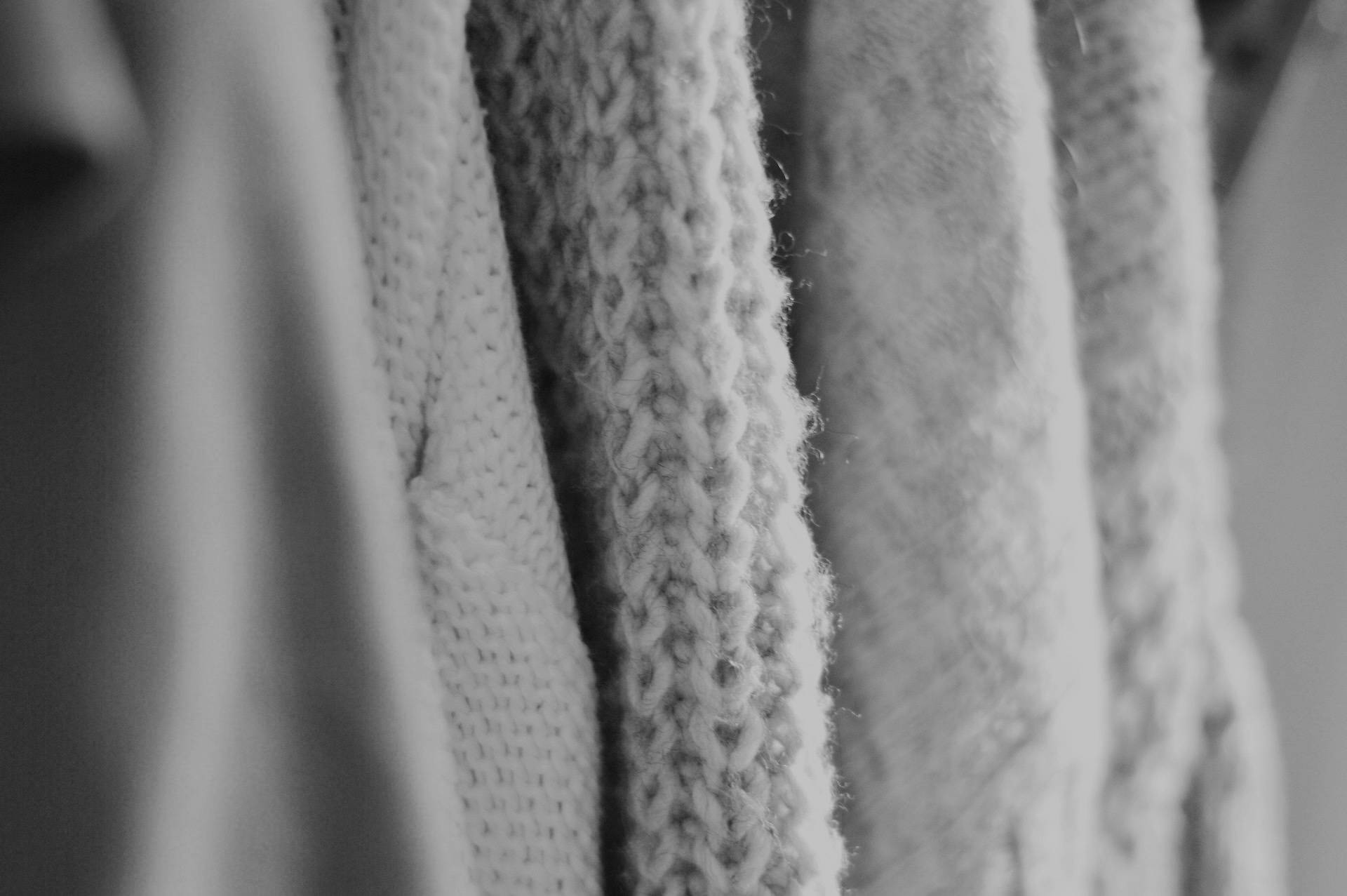
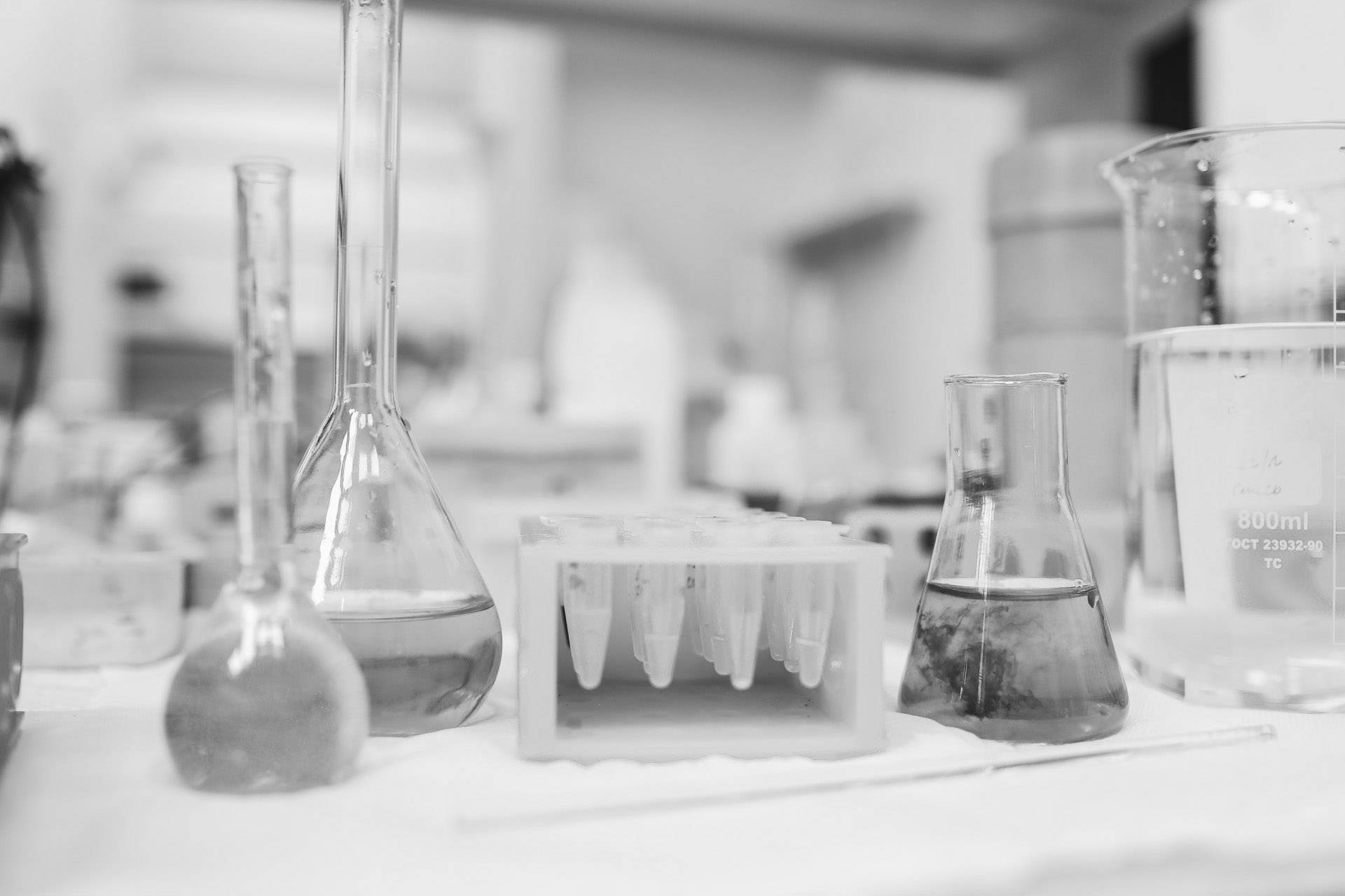
DON’T THROW TEXTILE,
RECYC’EL IT !
DON’T THROW TEXTILE,
RECYC’EL IT !
DON’T THROW TEXTILE,
RECYC’EL IT !
YES
WE CHEM !
YES
WE CHEM !
Nous avons une expertise avérée dans l’approche innovante de valorisation des sous produits industriels.
We have proven expertise in the innovative approach to valuing industrial by-products.
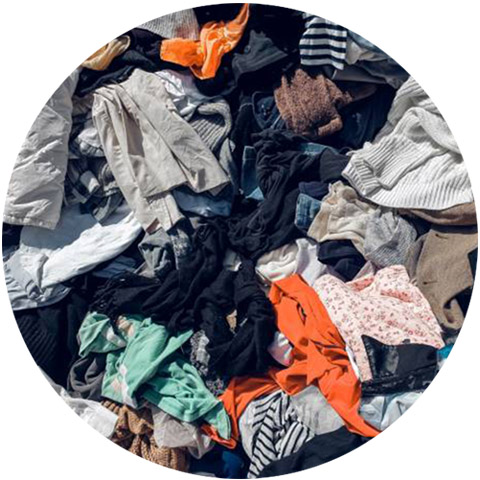
We are an innovative startup vested in solving difficult polyester based textile recycling issues. Our patented breakthrough process consists of recycling all types of difficult PET (Polyethylene Terephthalate) waste (colored, multifibers and materials) from different origins..

It allows depolymerizing selectively the PET fibers back to the original building blocks in smooth conditions and with a very reduced use of reagents and solvents without damaging the other fibers. In Europe, we are the pioneers in adopting low carbon and economically viable eco-depolymerization chemical technology in PET recycling. The monomers thus obtained can give back virgin PET of food grade or any other premium quality in an infinite closed loop.
Our founders have a proven track record in research and are key players in service to industries. They have decided to use their experience to tackle the problems of textiles and plastics with their proven expertise in the innovative approach to valuing industrial by-products. The awareness by the various actors and the common commitment of industries and government authorities to move towards the integration of recycled materials motivated them to find a viable solution and bring their brick to the wall. By 2025 Europe has committed to integrating 10 million tonnes of recycled plastic.
If all the innovative players do not find viable solutions, by 2050 there will be more plastics than fish in our oceans!
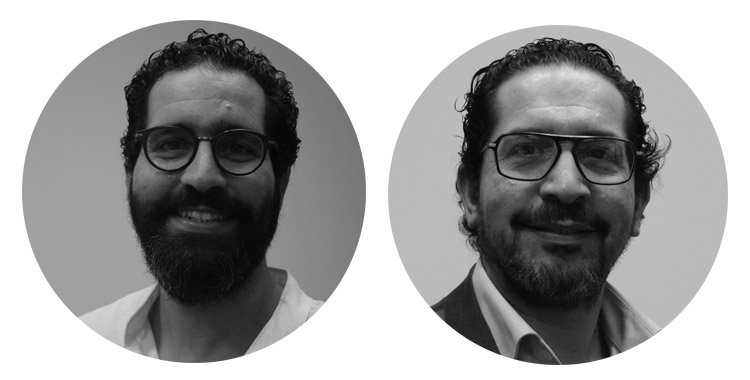
Dr. Raouf MEDIMAGH,
CEO ; Co Founder
Dr. Karim MEDIMAGH,
Chairman, Co founder
We mainly target difficult textile and plastics. Mechanical recycling process, although very efficient for transparent PET bottles, shows some limitations. We listened with great attention to the issues encountered by renowned recyclers and worked closely with them. It turns out that the two types of PET plastics which may presently pose real problems for mechanical processes. These are not compatible with sorting processes and disrupt the production of recycled PET pellets. We have therefore optimized our process around these two families in order to be able to supply the different ranges of starting monomer bricks and to be able to remanufacture virgin food grade PET. We transform unsorted waste into a product with high added value. We continue challenging our process with all sorts of complex, multifiber and composite textile and plastics with encouraging results.
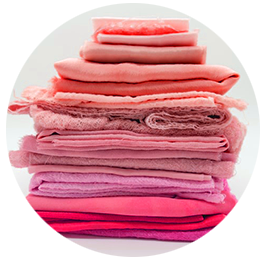
Recyc’ELIT has successfully recycled colored textile materials from different origins back to the starting monomers with very good purities. It should be noted that more than half of the PET consumed in the world each year is consummed for the textile market (50 Mtonnes / year).

Our reliable and flexible technology allows to recover monomers without need of pre sorting !

The selectivity of our process makes it possible to separate almost any other material associated to the PET in complex textiles such as: elastane, polyamide, cotton, polyurethane, etc. without degrading it making it possible to create multiple closed loops
Nous sommes heureux d’y être du 14 au 17 juin et fiers que...
It was 4 intense days, rich in meetings, exchanges and...
We’re very happy to be part of this project and to bring our...
Brussels, 21 February 2023 – Today, 43 partners of the...
Once again Bref Eco talks about us under the pen of Corinne...
We are very proud to have been the first winner of this...
We talk again about Recyc’Elit and his new project...
The Coq Vert Community is THE community of companies committed to...
Our startup has partnered with the Techtera cluster as well...
Recyc’Elit announces the repolymerization of their first...
Few months ago RecycELIT decided to partner with Utopia in order...
Recyc’Elit was mentioned as the startup to follow in the...
RecycELIT announces the kick off of the SOFTDEPET project: SOFT...
